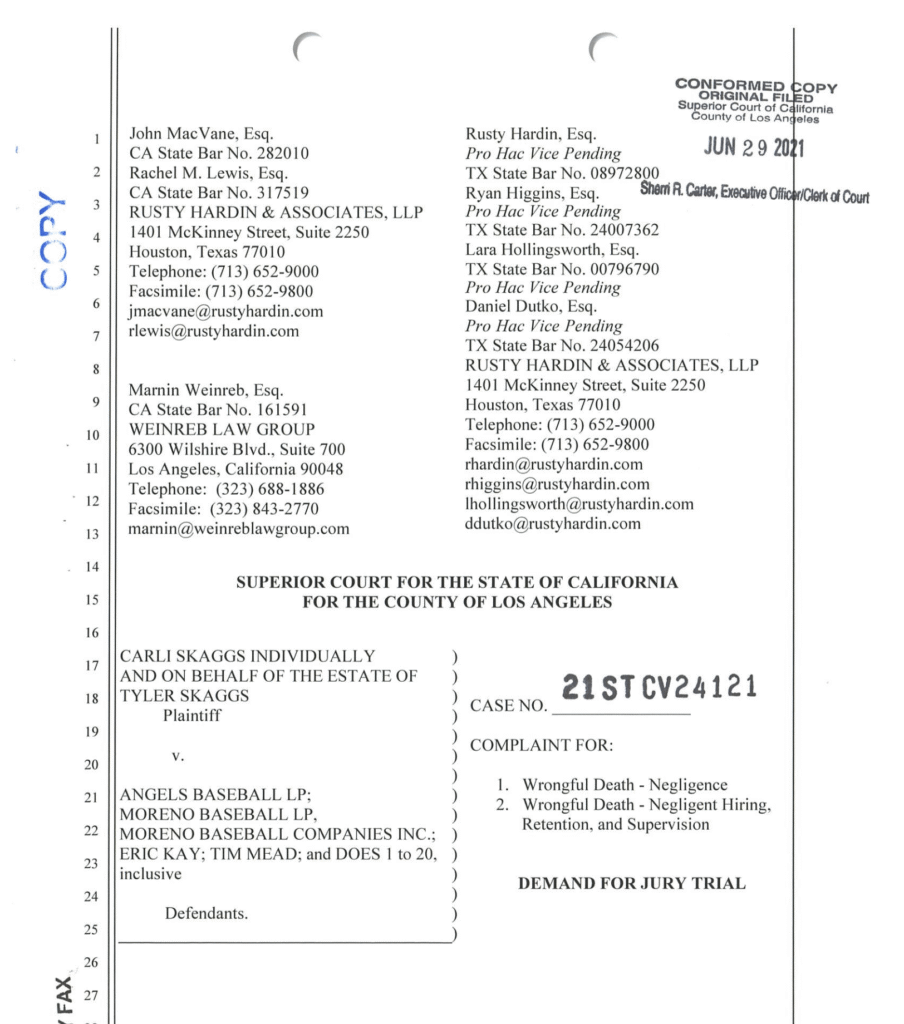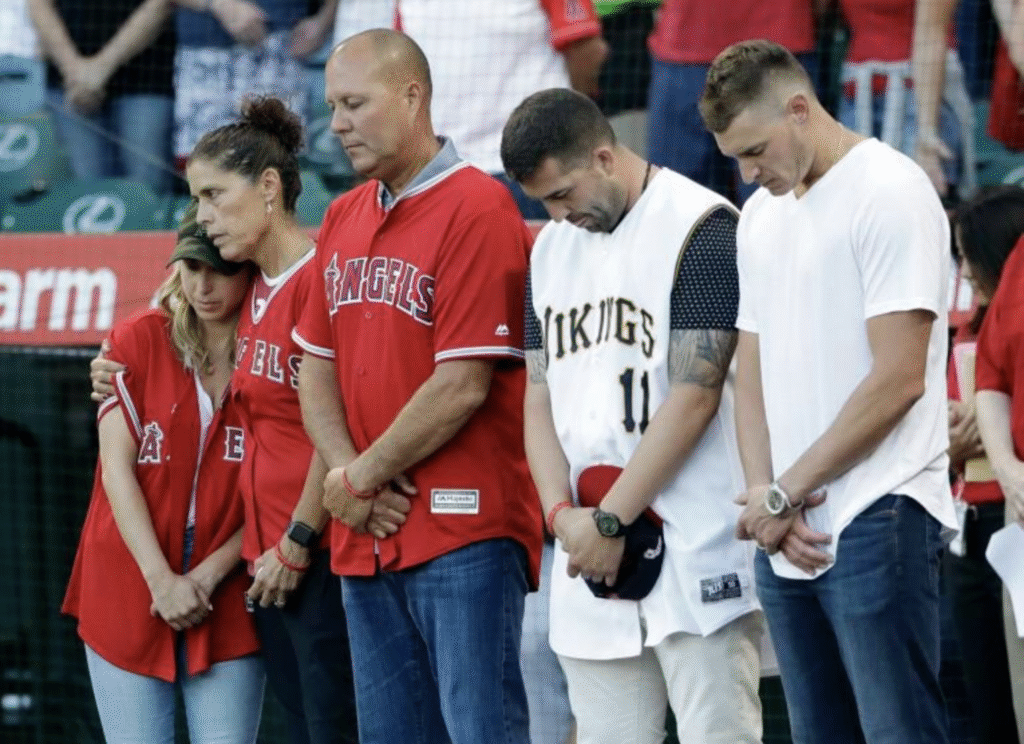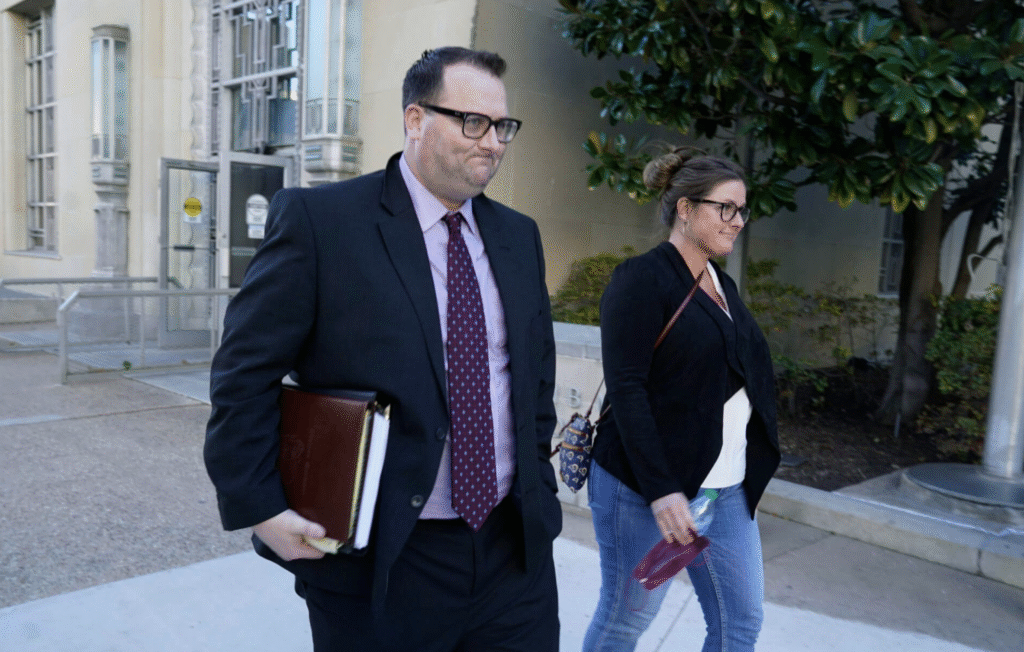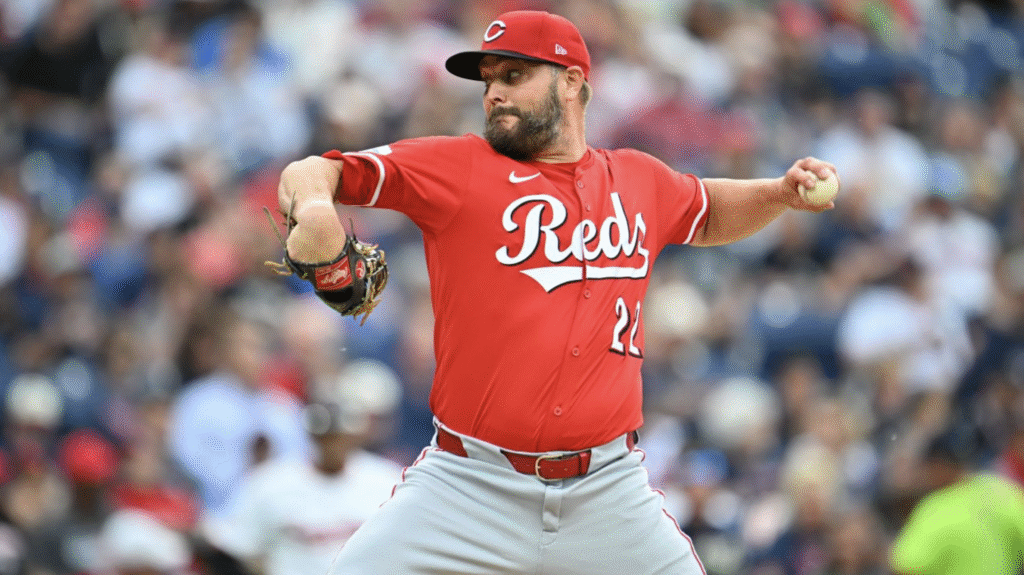On October 6, 2025, jury selection will begin in Orange County Superior Court in the wrongful-death suit filed by the family of Tyler Skaggs, the Angels pitcher who died in a Southlake, Texas hotel room on July 1, 2019.
A Superior Court judge rejected the Angels’ motion for summary judgment last month, clearing the way for a full trial expected to last through December. The case, six years in the making, raises the central question of whether the Los Angeles Angels’ leadership knew or should have known about a drug pipeline operating inside its clubhouse.
The Skaggs family’s lawsuit alleges not only that negligence by the franchise allowed opioids to circulate among players, but that the team effectively created the conditions that led to Skaggs’ death. The trial is poised to expose uncomfortable truths about the internal culture of a Major League Baseball club, and could ignite pressure on Angels owner Arte Moreno to finally sell a franchise he once vowed to keep.


The backdrop to the civil case is already devastating. In February 2022, a federal jury in Fort Worth convicted Eric Kay, the Angels’ former communications director, of distributing a counterfeit oxycodone pill containing fentanyl that killed Skaggs. Prosecutors proved that Kay had become a supplier not just to Skaggs but to other MLB players. In October 2022, he was sentenced to 22 years in federal prison. Kay has appealed to the Fifth Circuit Court of Appeals, but the conviction remains intact.

The civil trial does not seek to relitigate Kay’s guilt, that has already been established. Instead, it asks whether the Angels organization enabled his actions through systemic negligence, weak oversight, and a permissive culture that allowed opioids to circulate unchecked.
The Angels have insisted Skaggs procured drugs from other sources and argue the franchise cannot be held liable for what players or staff did in private. Yet depositions and filings reported by Reuters and The Atlantic show that the warning signs were there for years. Kay’s substance abuse was well-known in parts of the organization, and players have testified to obtaining pills from him or through his connections. Despite these red flags, Kay retained access to players, travel, and the clubhouse.
In one of the most explosive revelations, filings disclosed that veteran pitcher Wade Miley was named in testimony as someone who allegedly supplied Skaggs with oxycodone. Miley has publicly denied the allegation, calling it “flat-out false” and “deeply hurtful.” The claim remains unproven, but its presence in depositions underscores that the case extends beyond Kay’s dealings and raises the possibility of a wider network of opioid distribution within MLB.

The court has sealed portions of medical records and testimony to protect players’ privacy. Still, leaks and filings suggest that multiple players admitted to receiving opioids from Kay or his circle. For the Skaggs family, this illustrates a pattern of systemic permissiveness, one where the organization either ignored or failed to recognize the extent of opioid use in its ranks. The family’s attorneys argue that by tolerating this culture, the Angels share direct responsibility for the circumstances that led to Skaggs’ death.
The financial stakes are massive. If the jury finds for the Skaggs family, damages could reach into the hundreds of millions. Beyond the courtroom, fallout could include litigation over insurance coverage, tightening of credit terms, and strained relationships with sponsors already wary of associating with scandal. The reputational hit could be severe, weakening public goodwill and complicating stadium negotiations that Moreno has been trying to advance for years.
Which leads to the ownership question. A large civil verdict would not automatically force Moreno to sell. MLB’s commissioner has broad “best interests of baseball” powers but has historically used them sparingly. Even in cases of scandal or financial crisis, such as the Dodgers’ bankruptcy under Frank McCourt, MLB preferred negotiated solutions over forced sales. That said, Moreno has already tested the market, in 2022 and 2023, he quietly shopped the team before pulling it back. The Los Angeles Times reported Moreno is “not expected” to sell this winter, but a massive verdict could shift the calculus.

Pressure could come not from MLB, but from creditors, sponsors, and fans. If damages are high enough to alter the franchise’s valuation, debt profile, or sponsor relationships, Moreno may find himself squeezed into the kind of financial corner that makes a sale inevitable.
The trial will revisit every painful detail of the Skaggs case, from Kay’s internal access to allegations of ignored red flags to the contested testimony naming Miley. But the larger narrative is no longer just about how one player died in a hotel room. It is about whether a billion-dollar sports franchise looked the other way while drugs circulated in its ranks, and whether the consequences will reverberate all the way to ownership.
One fact remains indisputable: Eric Kay is serving 22 years in federal prison for his role in Tyler Skaggs’ death. The civil trial beginning October 6 asks whether the organization that employed him – and tolerated the warning signs – must finally be held to account.


Follow Us